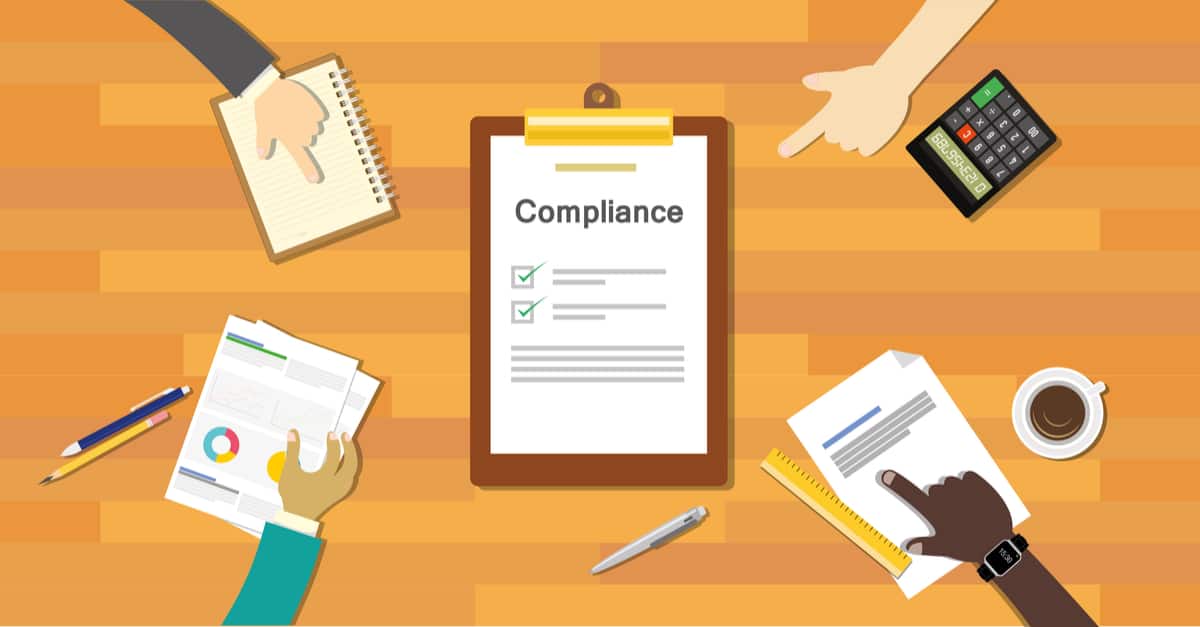In today’s complex business landscape, organizations across industries are expected to comply with a wide array of regulations, standards, and industry best practices. These requirements are often enforced through regulatory compliance audits, which serve as critical checkpoints to ensure companies are operating within the boundaries of legal and ethical guidelines. Whether you’re in finance, healthcare, manufacturing, or IT, the importance of staying compliant cannot be overstated. For more in-depth resources on financial regulations and compliance strategies, visit https://financemaster.us/.
What is a Regulatory Compliance Audit?
A regulatory compliance audit is a systematic review conducted to determine whether an organization is adhering to applicable laws, regulations, guidelines, and internal policies. These audits may be performed internal auditors, external auditing firms, or government agencies depending on the nature and scope of the regulations involved.
The main objective of a compliance audit is not only to identify instances of non-compliance but also to recommend corrective measures, mitigate risks, and ensure the organization maintains a culture of accountability and transparency.
Key Areas Covered in Compliance Audits
The scope of a regulatory compliance audit varies depending on the industry and the specific regulatory bodies involved. Common focus areas include:
-
Financial Reporting: Ensuring transparency and accuracy in accounting and financial disclosures.
-
Data Protection and Privacy: Compliance with regulations such as GDPR, HIPAA, or CCPA regarding the collection and storage of personal information.
-
Environmental Regulations: Adherence to environmental laws governing waste management, emissions, and sustainability.
-
Employment Laws: Ensuring labor practices comply with national and local employment standards.
-
Health and Safety Standards: Verifying workplace safety procedures and practices meet OSHA or other safety regulations.
Importance of Regulatory Compliance Audits
Failing to comply with regulatory standards can have serious consequences, including hefty fines, legal action, and reputational damage. Here’s why these audits are vital:
-
Risk Management: Audits help identify vulnerabilities before they become costly liabilities.
-
Improved Operations: The audit process often reveals inefficiencies that can be corrected to streamline operations.
-
Legal Protection: Demonstrating a proactive compliance approach may mitigate penalties in the event of regulatory issues.
-
Stakeholder Trust: Customers, investors, and partners are more likely to trust companies that prioritize compliance and ethical practices.
Preparing for a Compliance Audit
Preparation is key to a successful audit. Here are some essential steps organizations can take:
-
Understand the Applicable Regulations: Identify the regulations relevant to your industry and ensure you are fully informed of any updates or changes.
-
Maintain Accurate Documentation: Good record-keeping is crucial. Ensure that all policies, procedures, and reports are current and well-organized.
-
Conduct Internal Audits: Regular internal reviews help identify and correct problems before an external audit occurs.
-
Train Employees: Make sure that your staff is aware of compliance requirements and their roles in maintaining them.
-
Engage Experts: In complex industries, consulting legal or compliance experts can provide valuable insights and support.
Challenges in Regulatory Compliance
Despite its importance, regulatory compliance comes with challenges. The regulatory landscape is constantly evolving, and staying up-to-date can be resource-intensive. Smaller businesses may struggle with limited budgets and expertise. There’s also the challenge of aligning compliance requirements with business objectives without sacrificing innovation or agility.
However, these challenges can be managed with the right strategies and tools. Leveraging compliance management software, automating audit processes, and cultivating a compliance-focused culture can all contribute to smoother, more effective audits.
Final Thoughts
Regulatory compliance audits are not just formalities—they are essential tools for risk management, legal protection, and business integrity. In an environment where laws and expectations are continuously changing, staying compliant is a dynamic process that requires commitment and ongoing attention. By understanding what these audits entail and proactively preparing for them, businesses can ensure they are on solid ground both legally and ethically.


